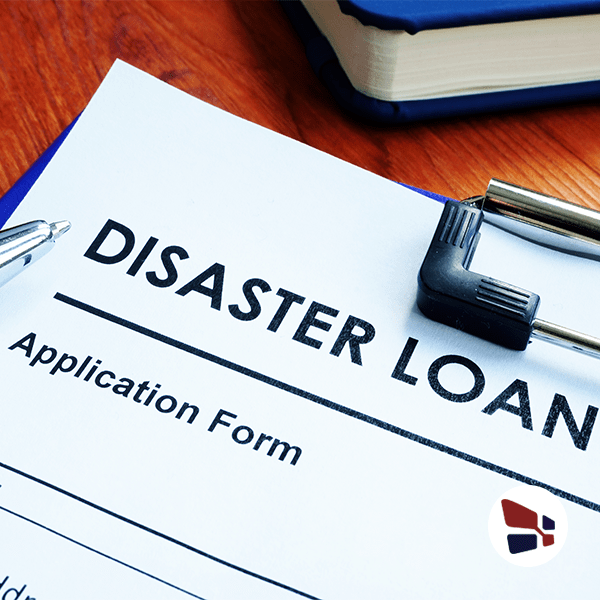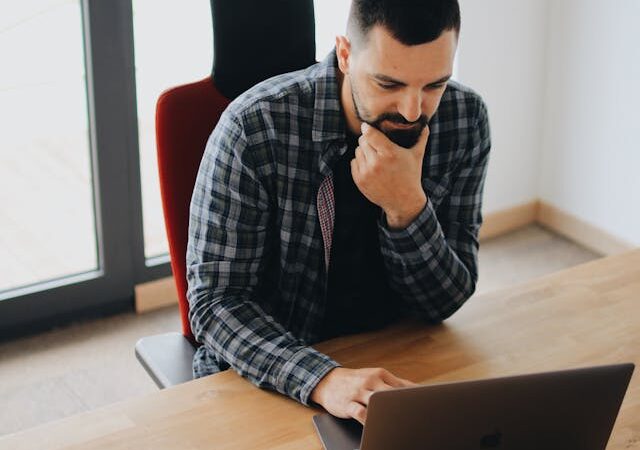
Guide On Economic Injury Disaster Loans
Restaurants and food plazas have curtailed their operations to the extent that many are shuttering their doors. Small stores have seen their foot traffic all but disappear. The travel industry has seen its business dry up as people and business travelers stay at home.
The Covid-19 pandemic has hit the Achilles heels of many financially important sectors. While some are making a resilient recovery, some are yet struggling to make ends meet.
Economic injury disaster loans (EIDL) are financial assistance by the federal government that provide monetary aid and economic relief to small businesses or nonprofit organizations at low interest rates. The EIDL is managed by the government rather than private money lenders, making them more appropriate for small entrepreneurs and businesses that do not possess a deep banking- industry networking. They are patronized by many business owners because greater funding can be spent on bills, including rent and other utilities.
EIDL loans are akin to Paycheck Protection Program (PPP) loans; both are monetary aids for industries struggling to hold solvent in the wake of the pandemic or, in the case of the EIDL loan, can be used to cover payroll, pay the debt, or any other business-related expenses. Unlike PPP loans which can be completely or partially waived off if a specific use criterion is met, the EIDL loans have to be paid back. The interest rate on an EIDL loan, post the end of the suspension period, is 3.75% for businesses and a fixed 2.75% for nonprofit organizations. The borrowing end has 30 years to repay the loan with no prepayment penalty or fee. An EIDL loan for more than 25000 dollars requires a collateral agreement, which quantifies assets, including machinery, furniture, and fixtures. The COVID-19 Targeted EIDL ADVANCE is a part of Economic Aid to Hard-hit Small Businesses, venues, and nonprofit organizations. This monetary relief aims to provide additional funding of 10,000 dollars to small businesses of low-income communities. These funds are available to applicants who previously received an EIDL for less than 10,000 dollars or those low-income applicants who applied but did not receive the relief due to lack of program funding. No personal assurance is requisite for EIDLs amounting to less than 200,000 dollars.
Moreover, one can appeal a loan increase for additional disaster damages as soon as the requirement for additional aid is recognized. However, the Small Business Administration(SBA) does not approve a request for an increased loan received more than two years from the loan approved date lest there are observed extraordinary and uncertain circumstances beyond the borrower’s control.
In order to qualify for financial assistance under the EIDL, one is required to fulfill certain criteria. For instance:
1. There should be no drastic change in the applicant’s financial condition since the date of the application for the loan. Adverse changes include tax liens, bankruptcy, conviction or arrest of a felony, etc.
2. The applicant for the EIDL loans must certify that no fees have been paid directly or indirectly to any accountant, attorney, or any other representative for services rendered in connection with this loan except for those reported on the loan application.
If one wrongfully applies for the EIDL monetary relief, the borrowing end could be subject to civil and or criminal penalties. There are certain criteria that one must fulfill the obligations involved in taking these loans. If you and your organization are struggling to subsist and cope in this turbulent period, finding it hard to sustain your business during the pandemic, then EIDL is a good source of capital assistance to get your business back on track


